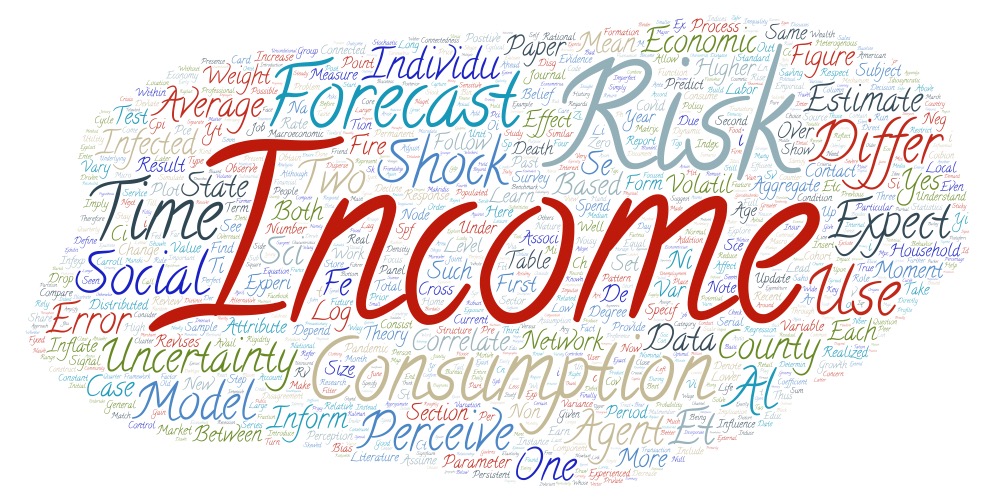A self-statement of interest

I am fascinated by all economic phenomenon in which micro agents with certain kinds of heterogeneity aggregate up to important macro dynamics, via both market and non-market mechanisms. In particular, I care about how agents understand the economic environment around them and form expectations about individual and aggregate variables. How do we measure market expectations? Are they as rational as economists have long assumed? If not, how do we characterize those deviations? How do we incorporate alternative assumptions about agents' expectation formation in structural macro models? How to use survey data to better understand the macro phenomenon? These questions are the major inquiries of mine.
I also think that the increasingly accessible microdata gives macroeconomists unprecedented opportunities to better identify theories. One of the important research methodologies I pursue is to let the microdata and structural macro models speak to each other consistently.
I am also a firm advocate in research transparency, reproducibility, open-source programming and collaboration as well as scientific workflows. I practice these principles when I do my own research. The object-oriented programming guiding languages such as Python is naturally compatible with agent-based modeling in macroeconomics. The tools such as Jupyter Notebook and their equivalences and derivatives contribute to more efficient academic communication and collaboration. They are also good tools to use for teaching and learning. Therefore, I use them for my own research.